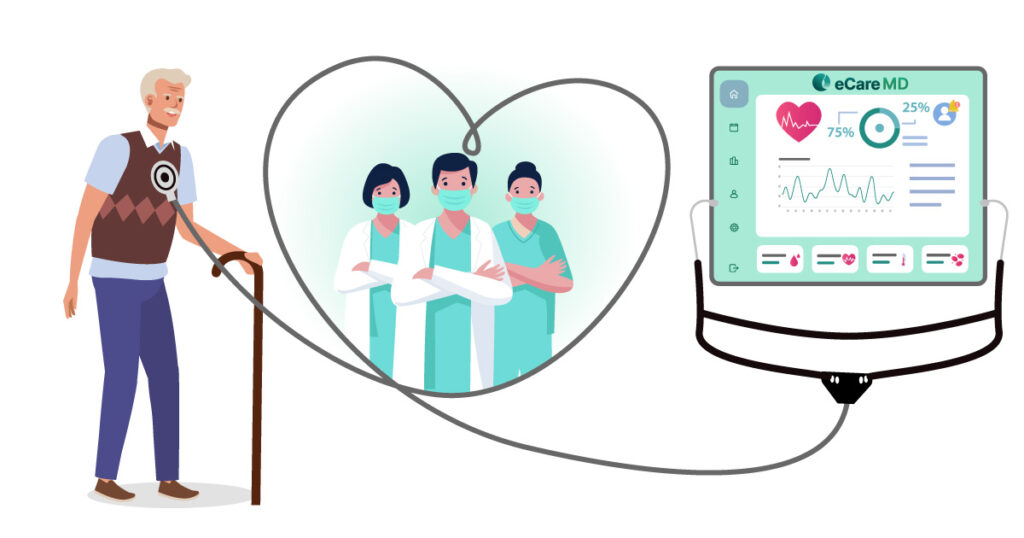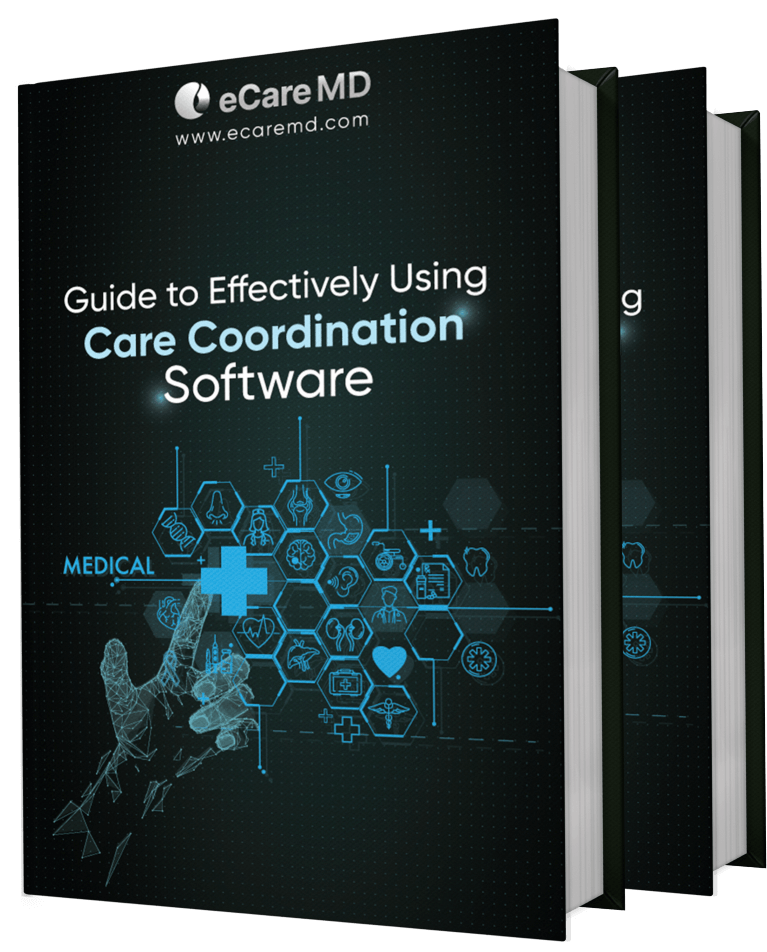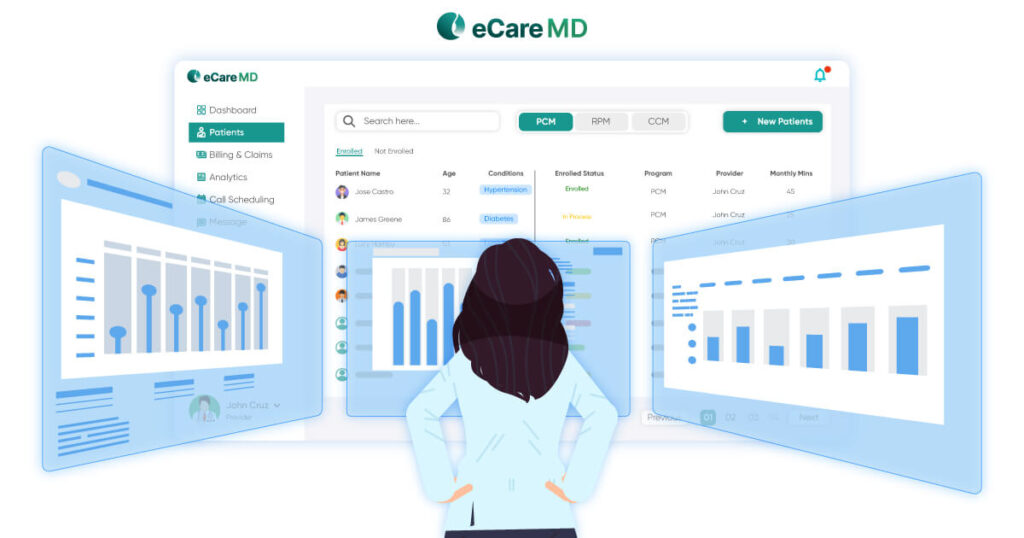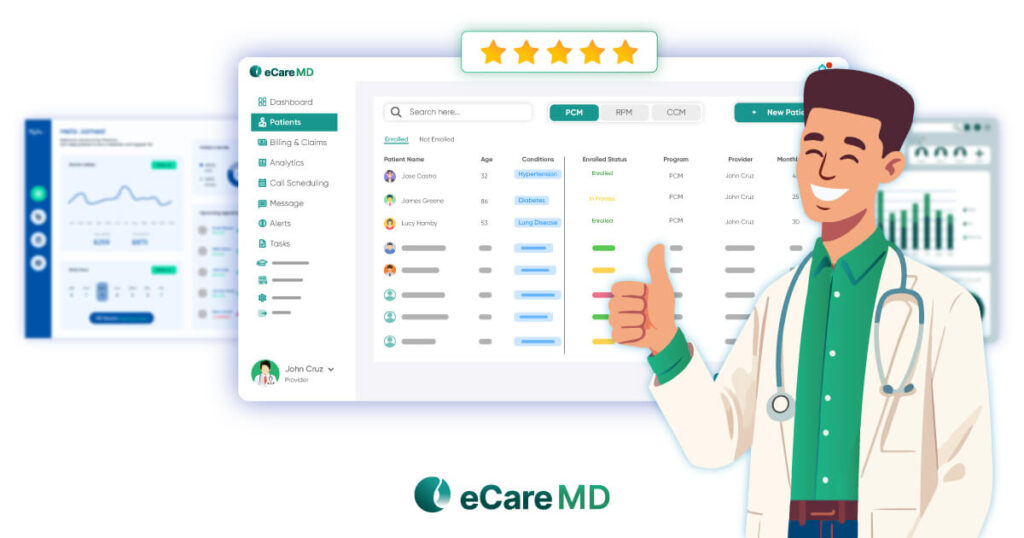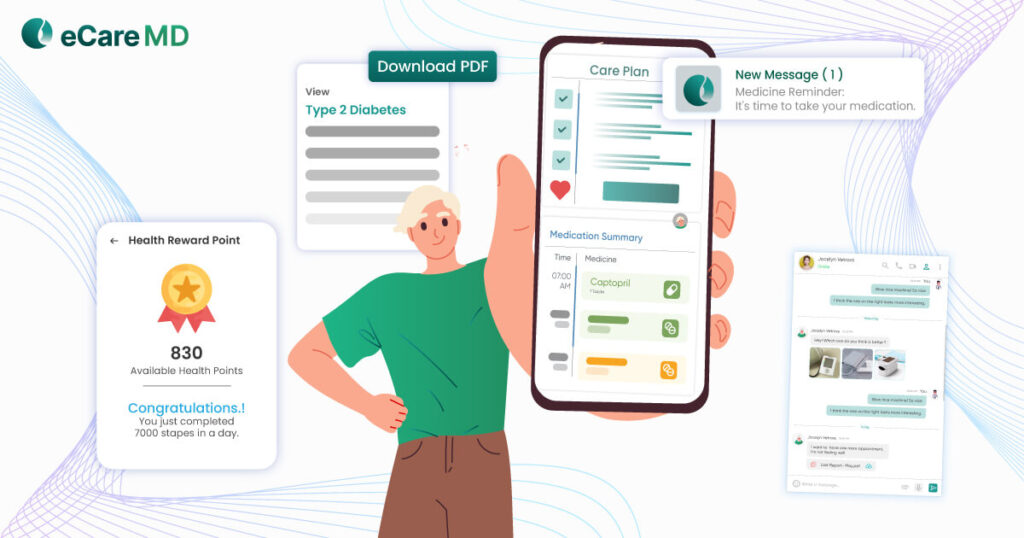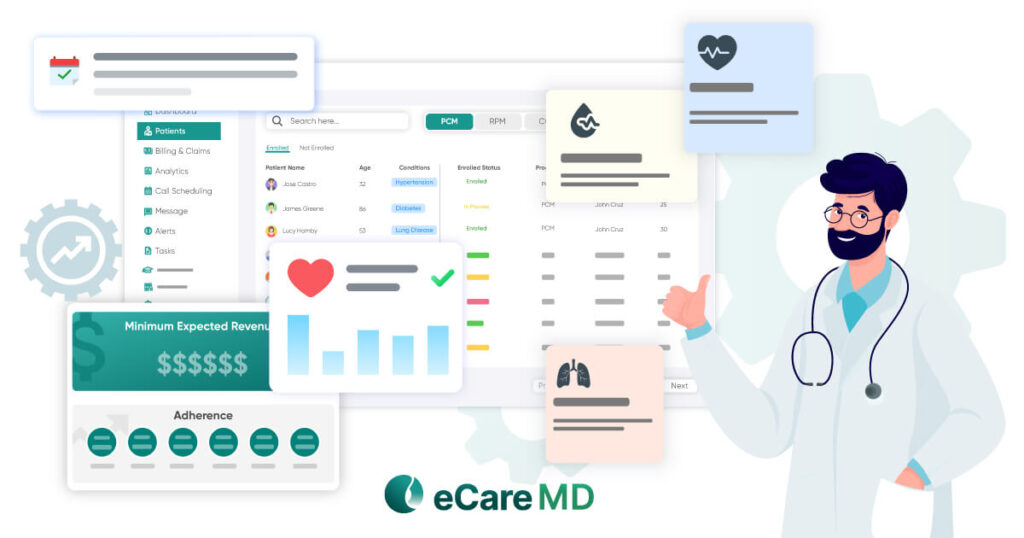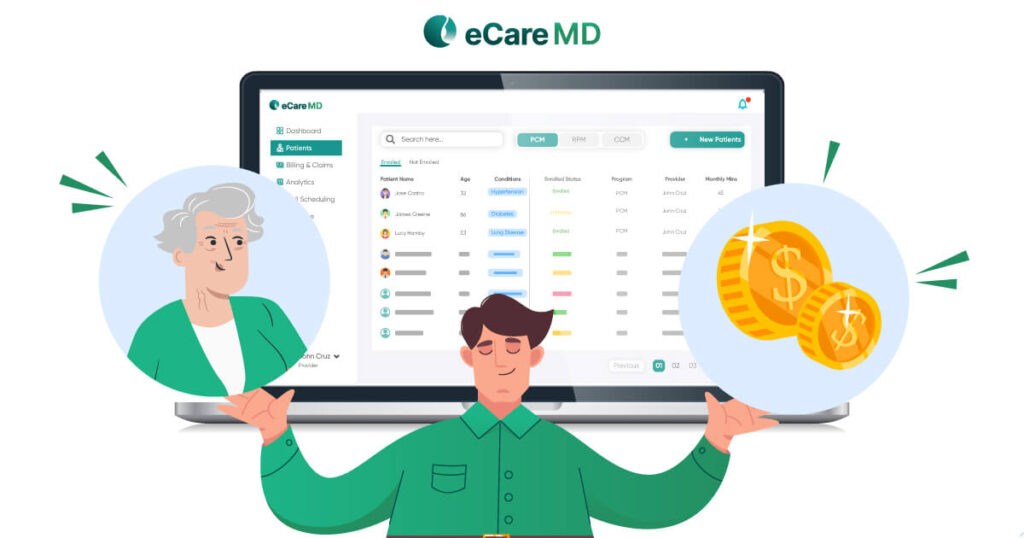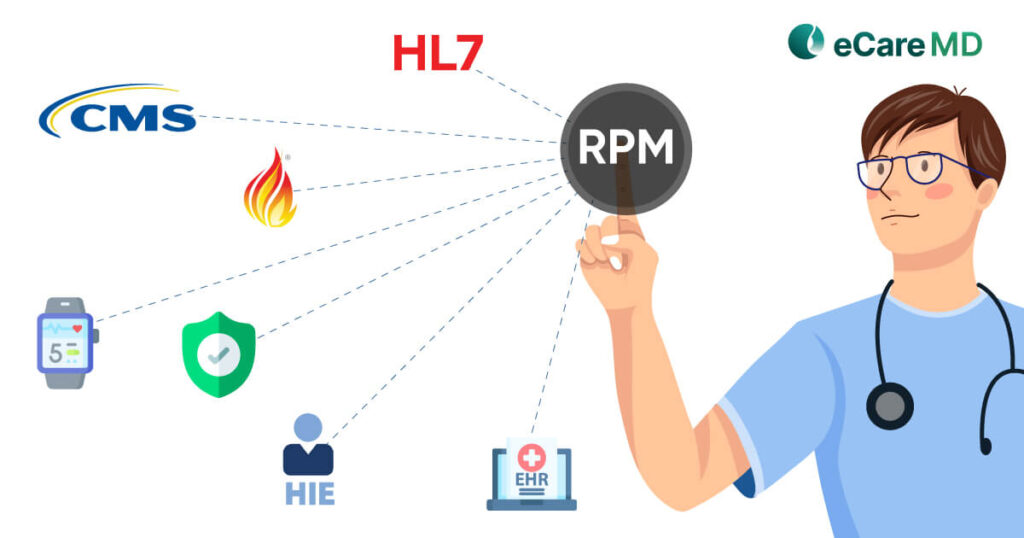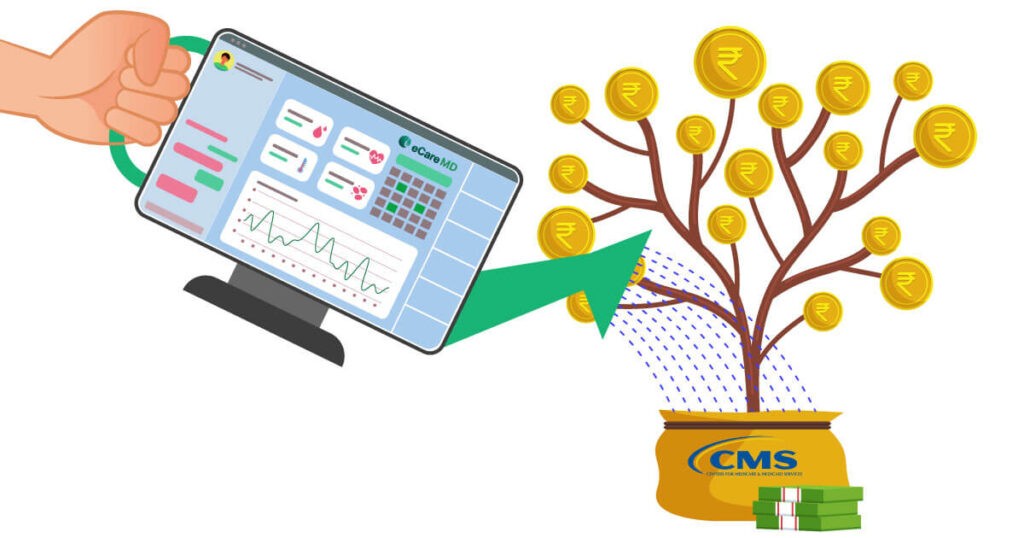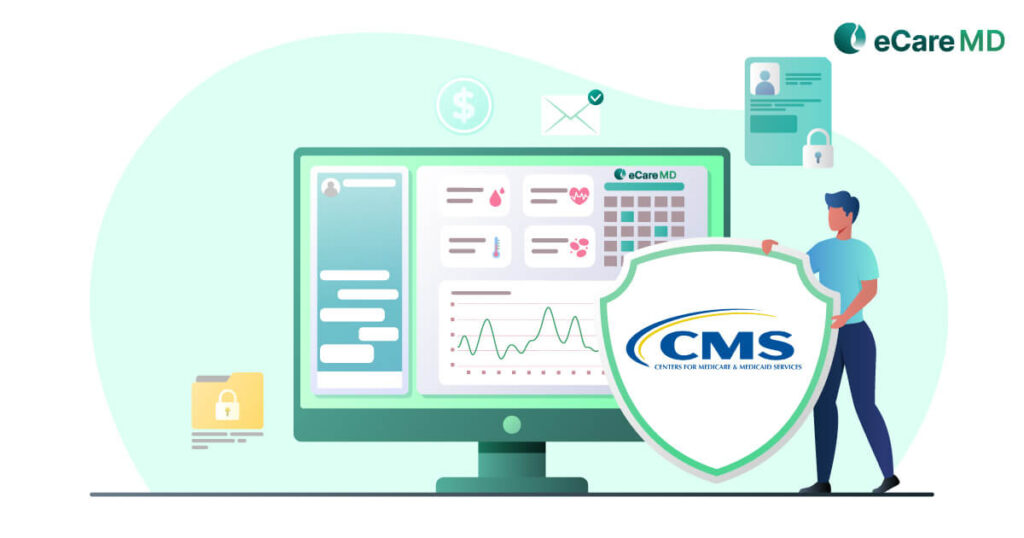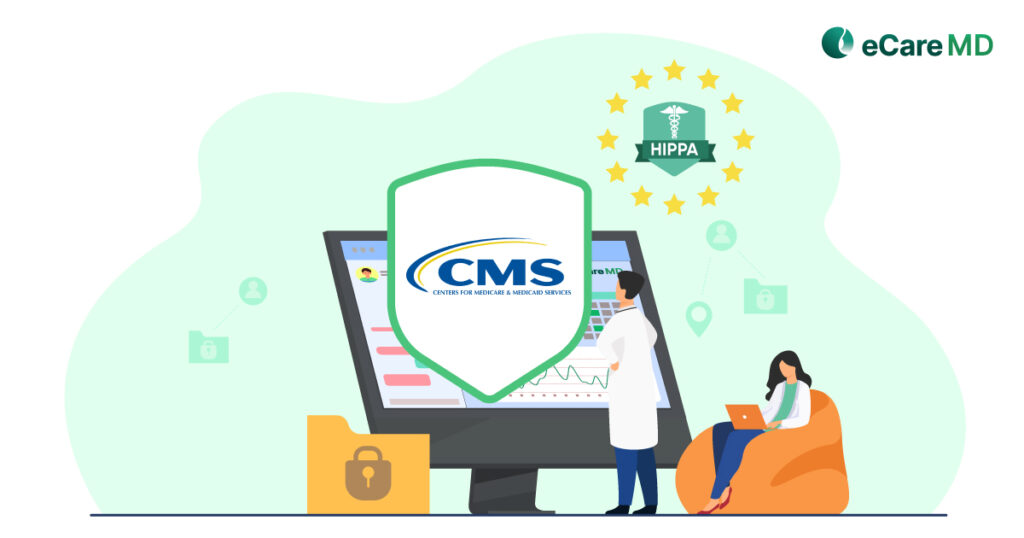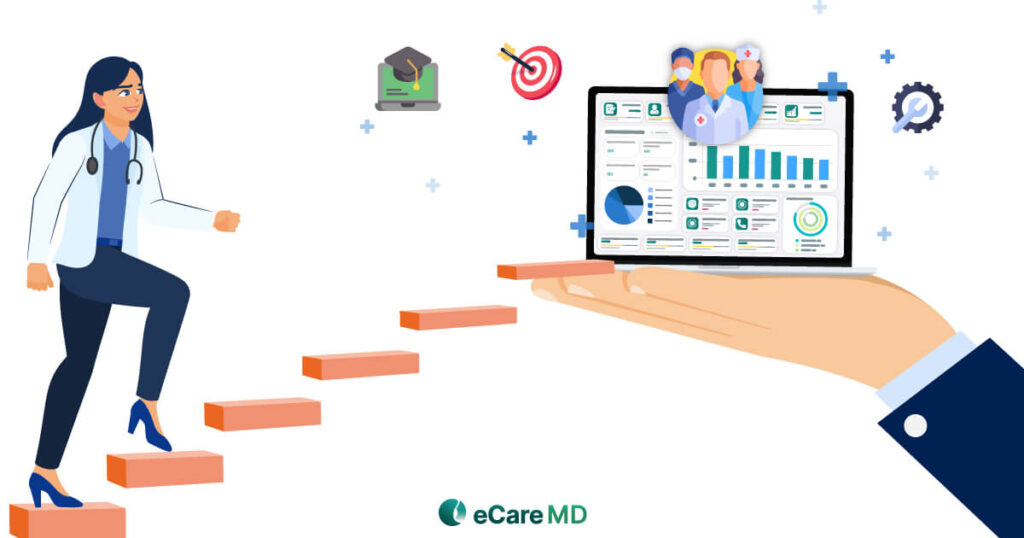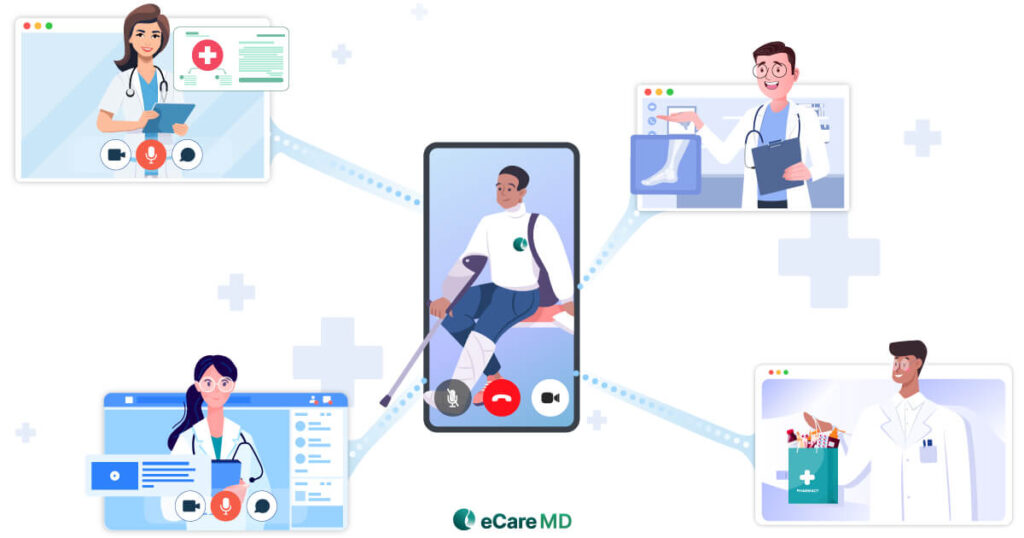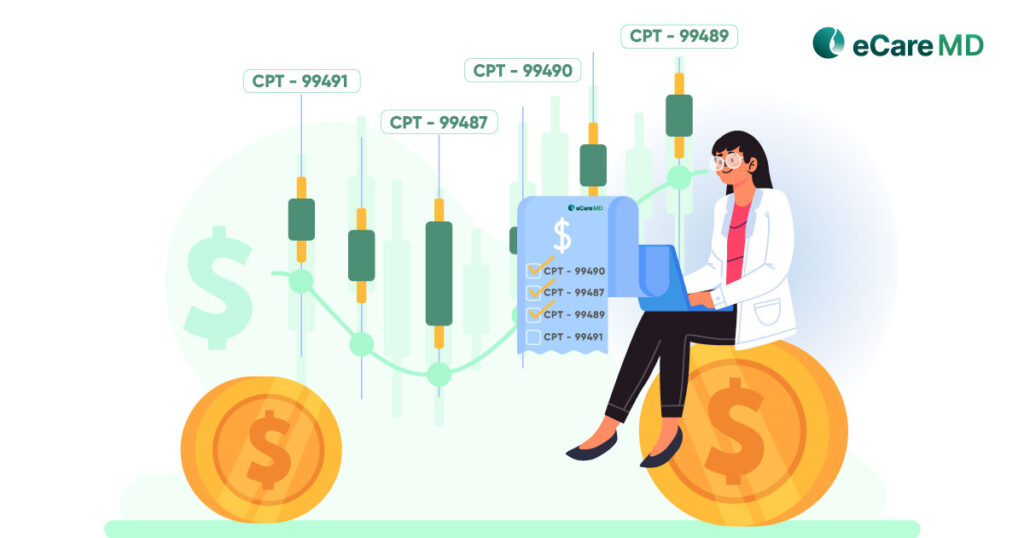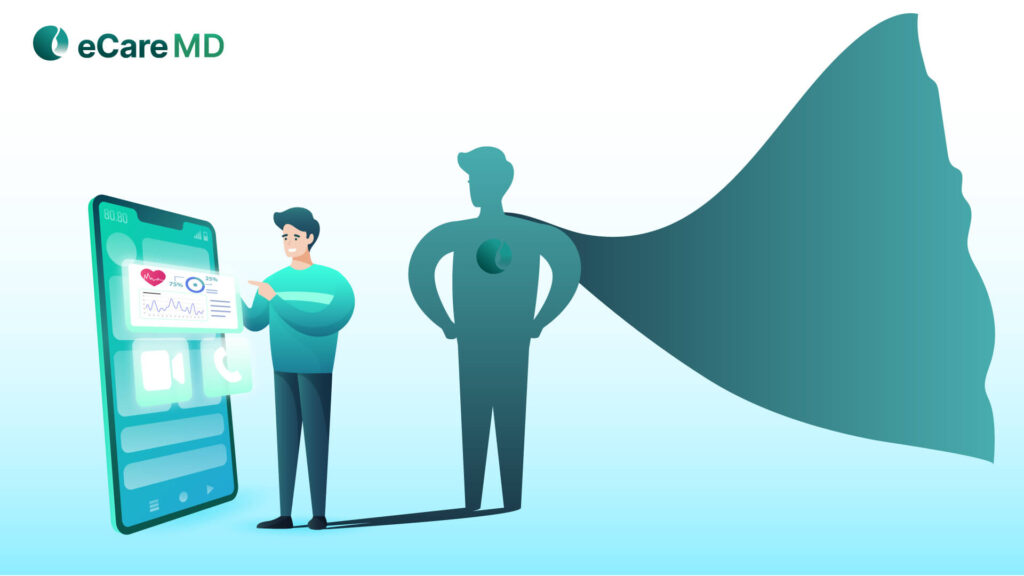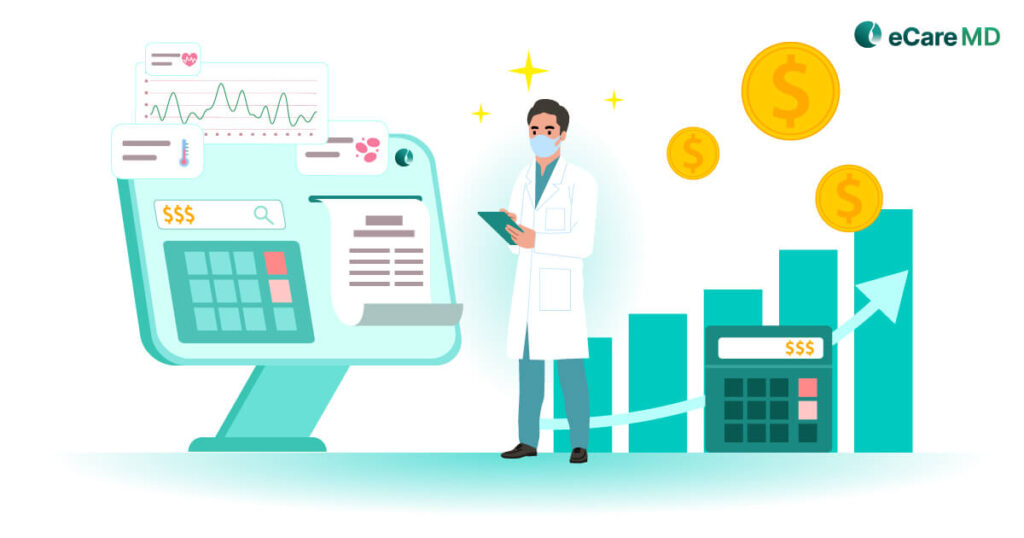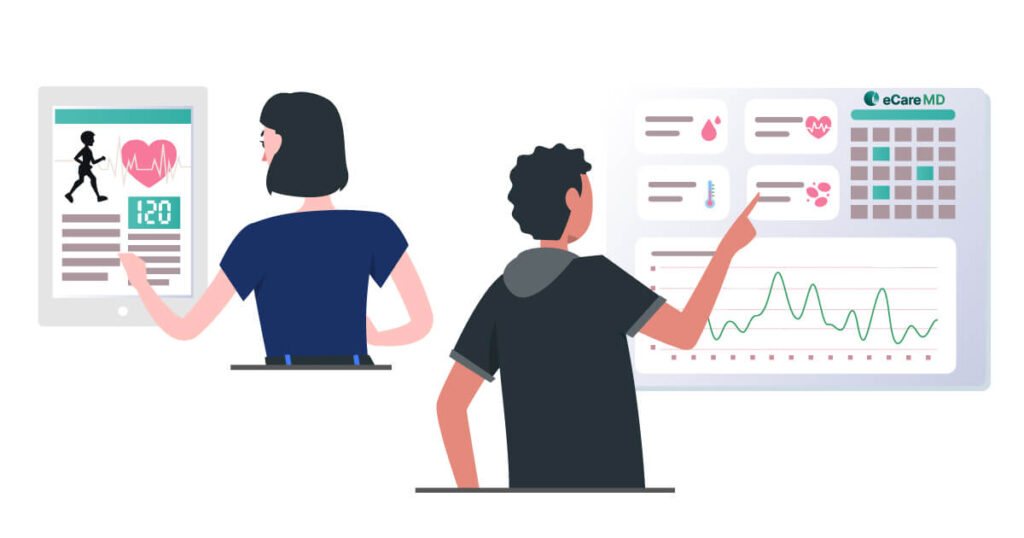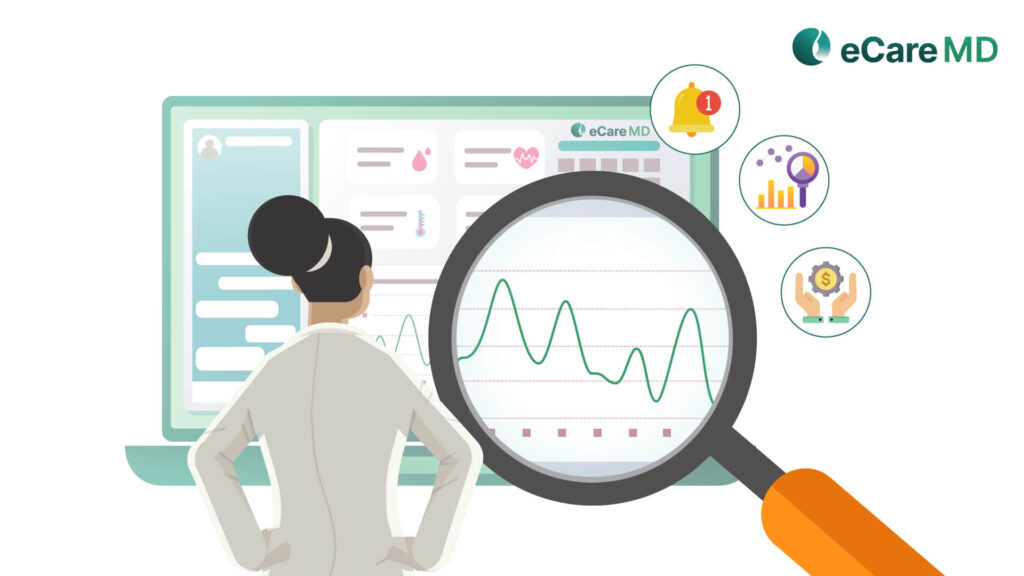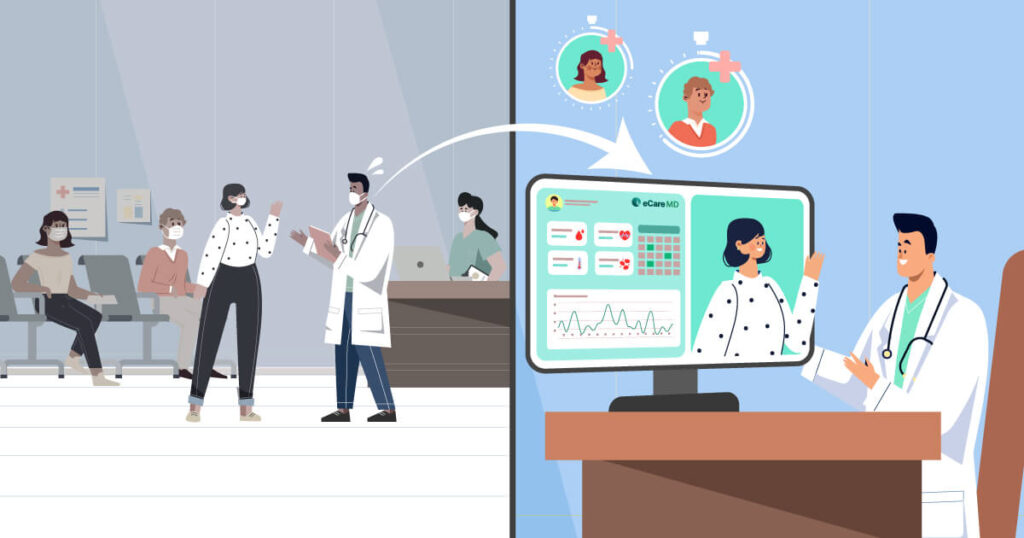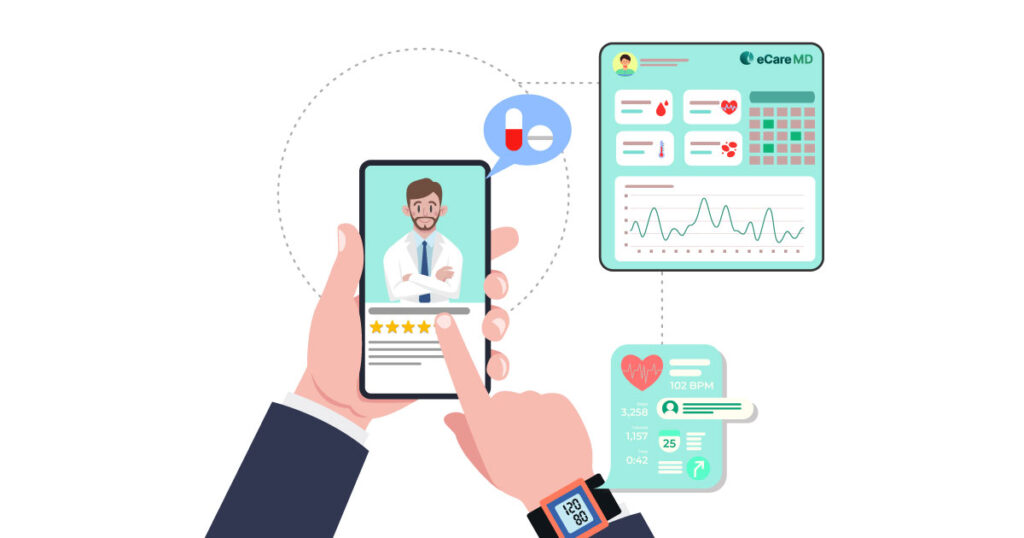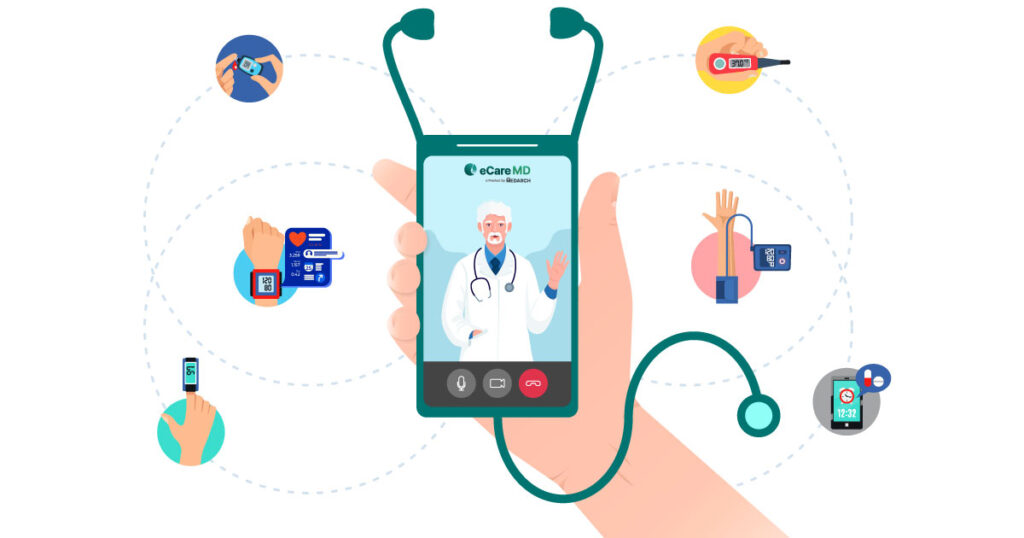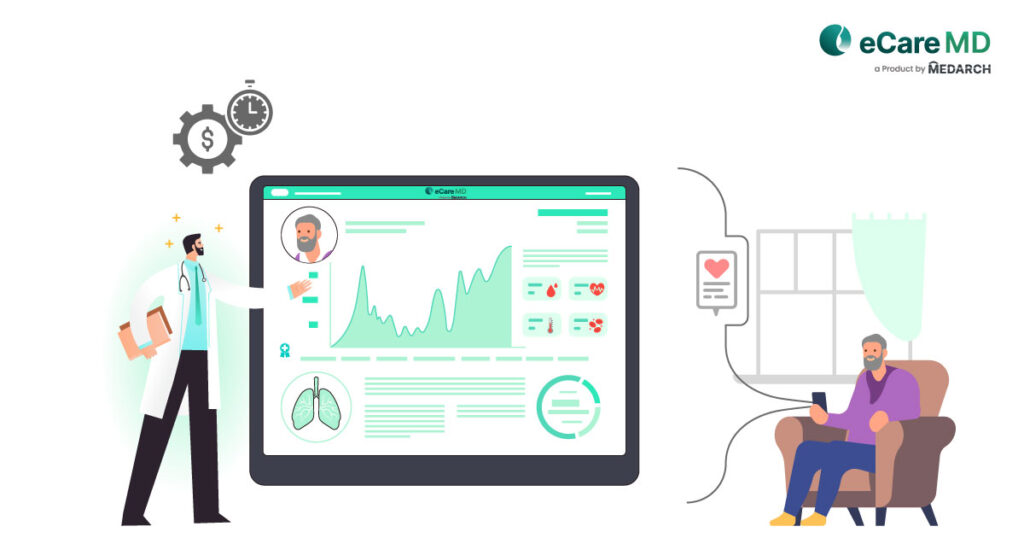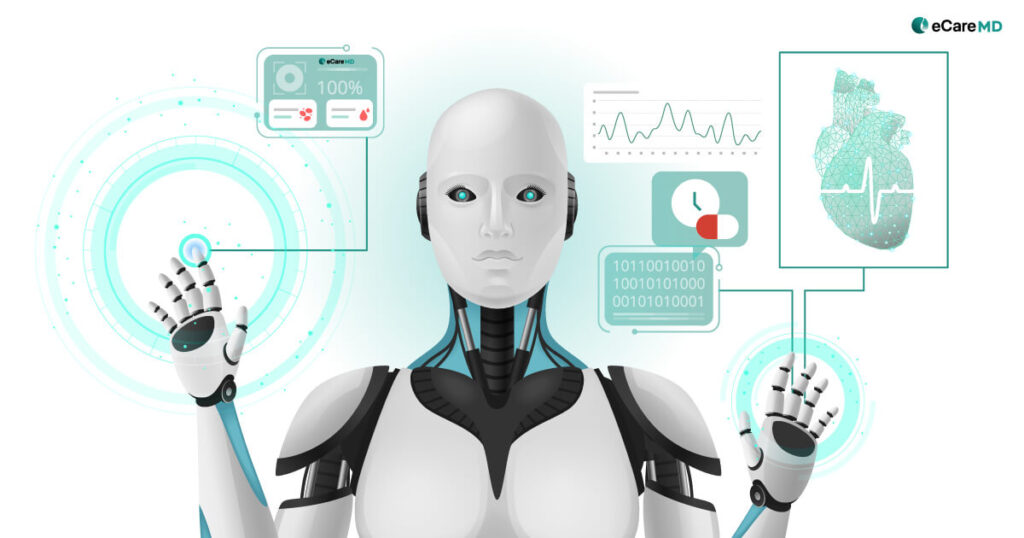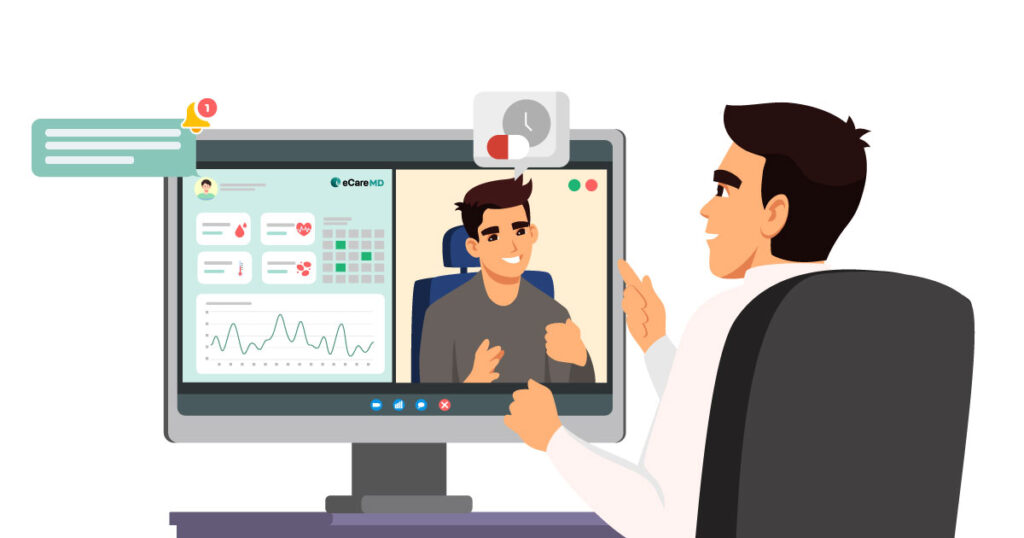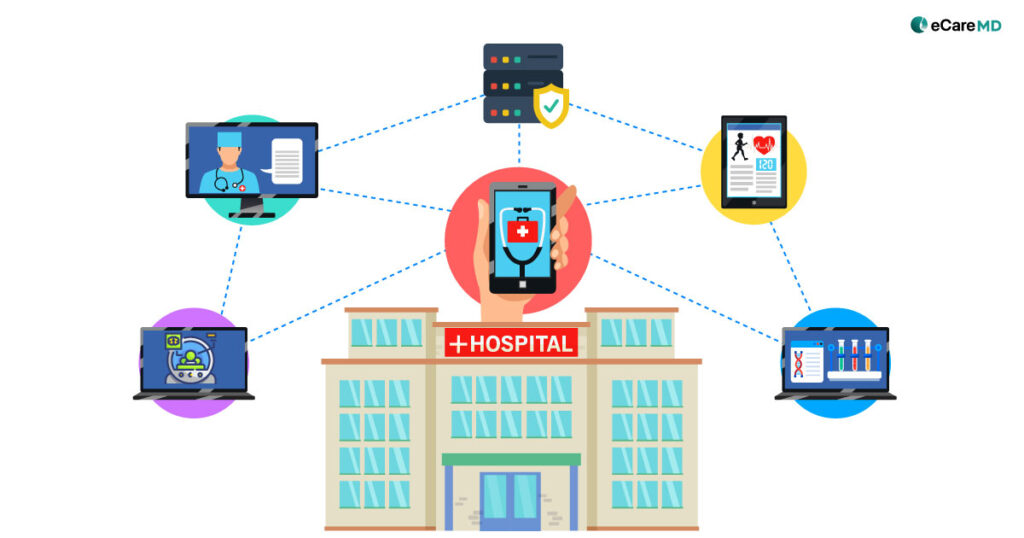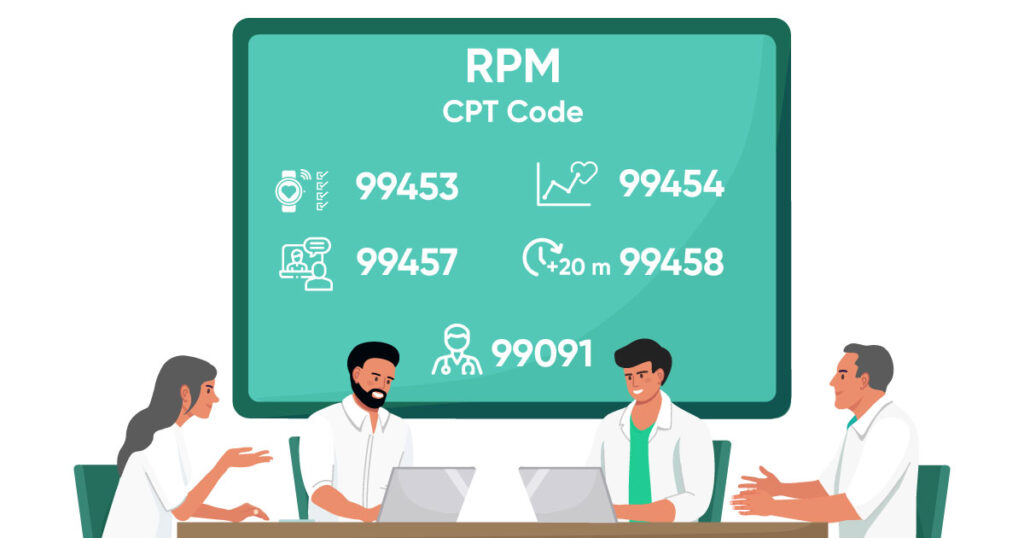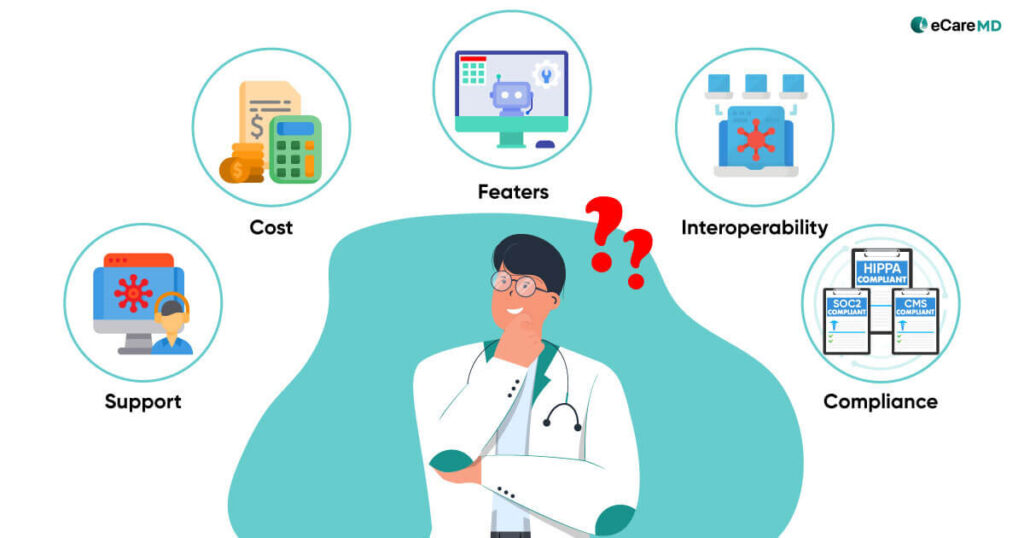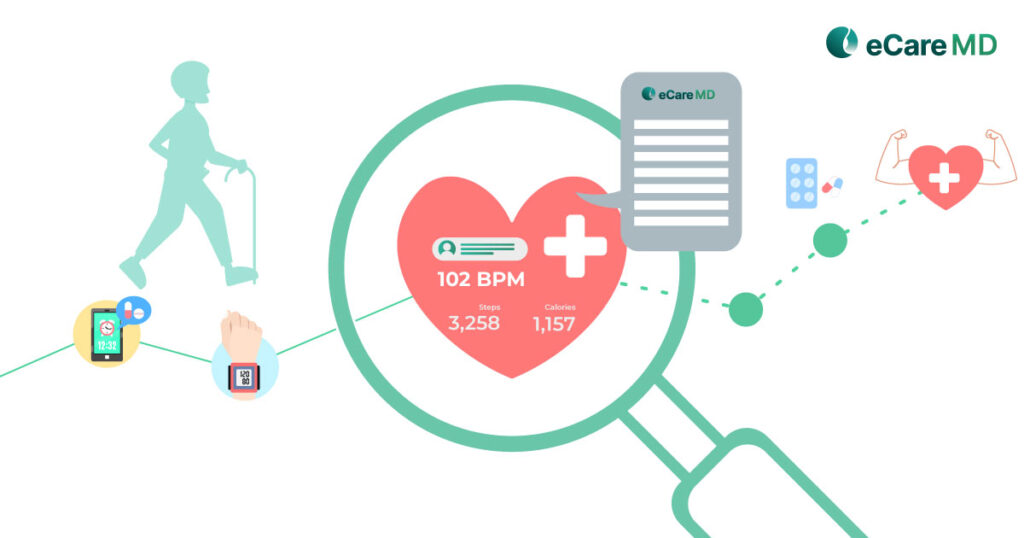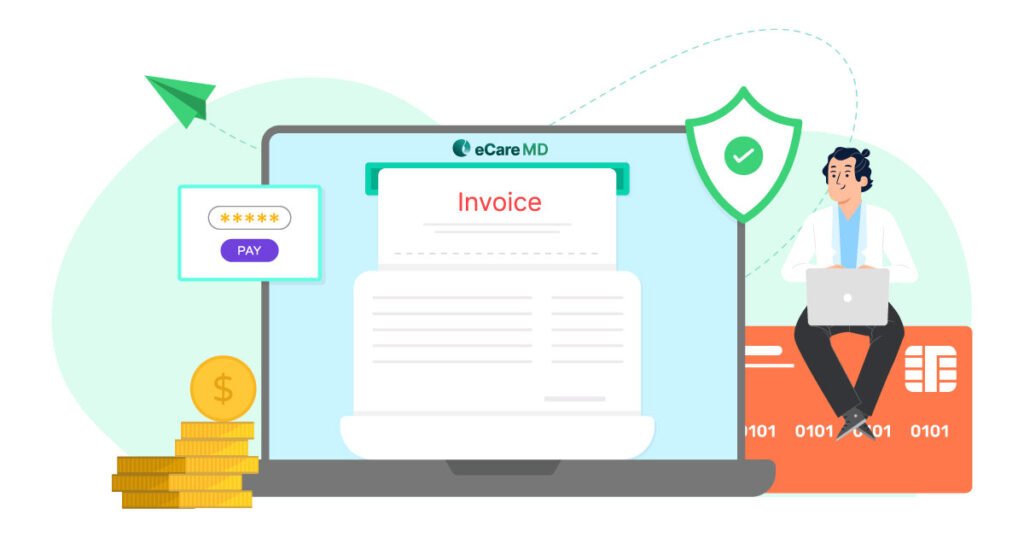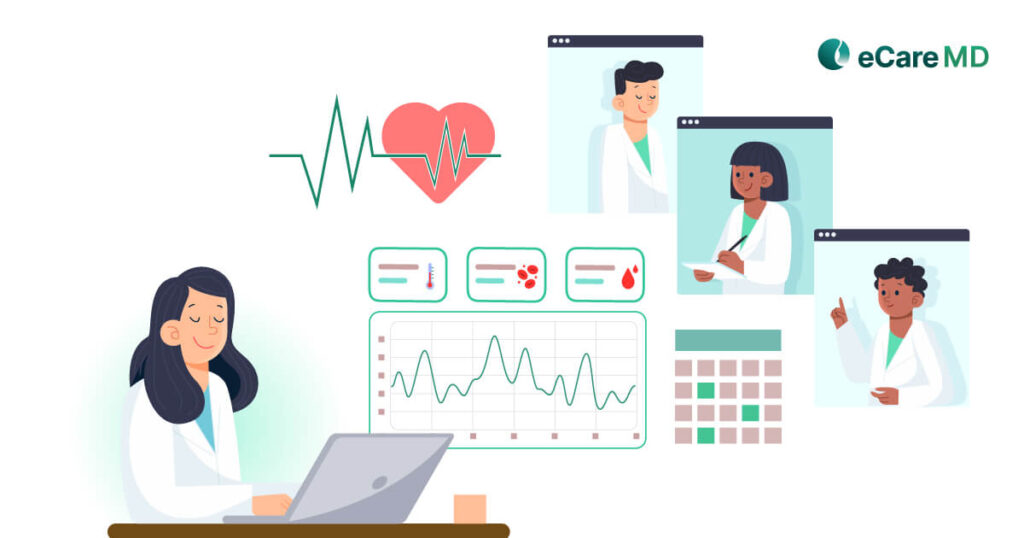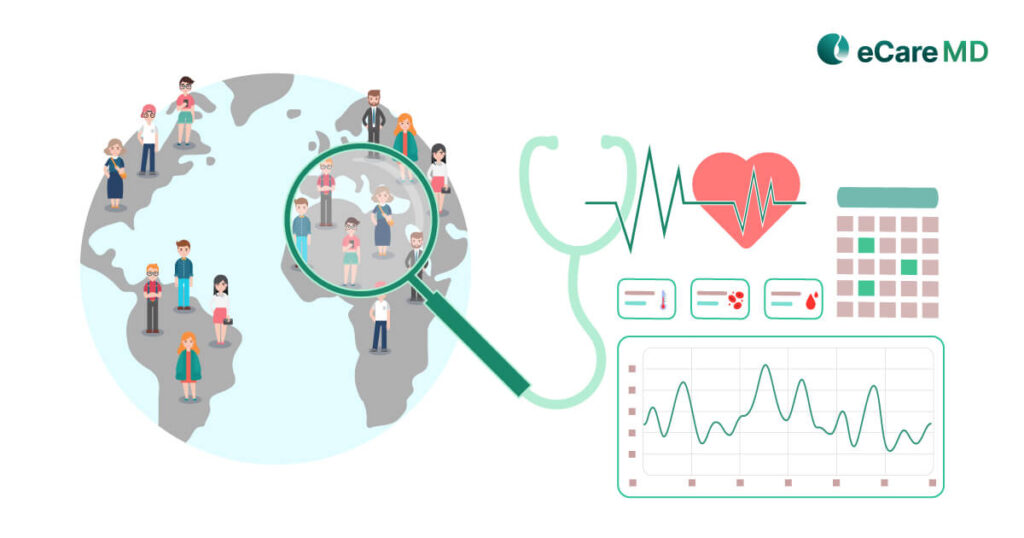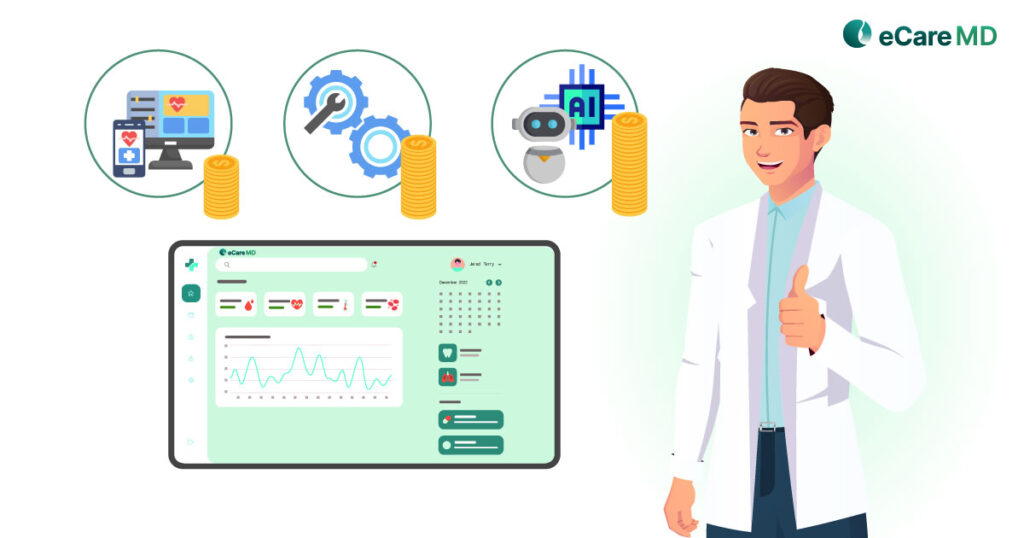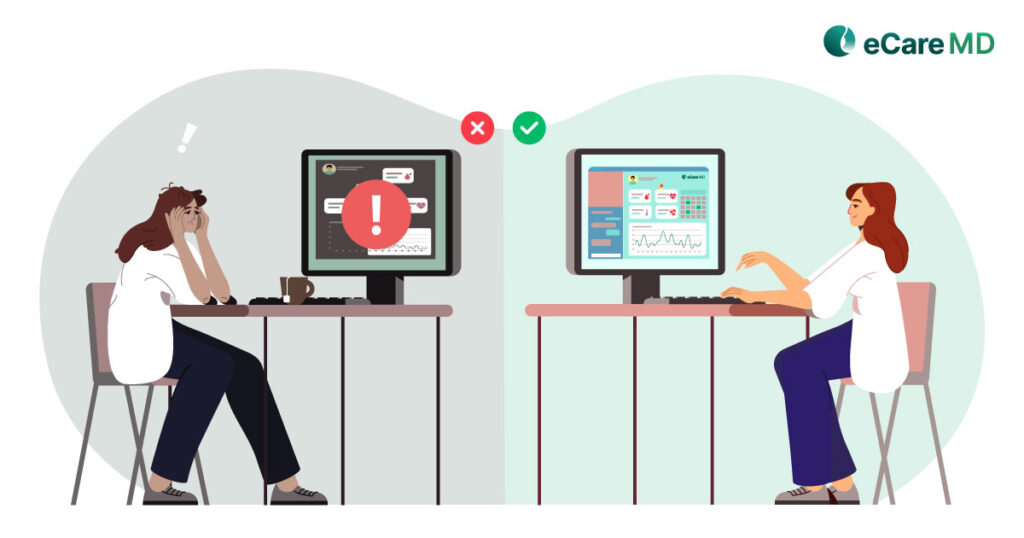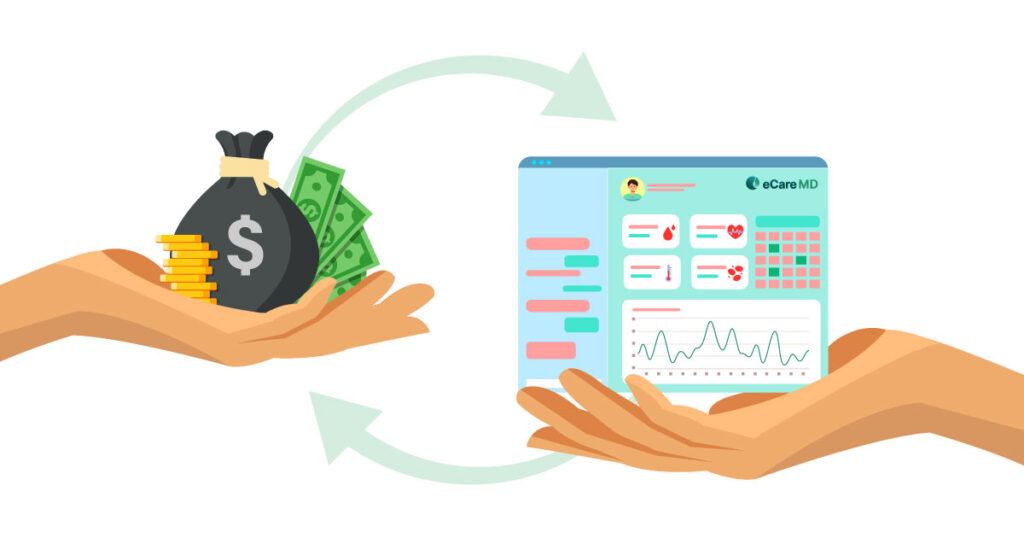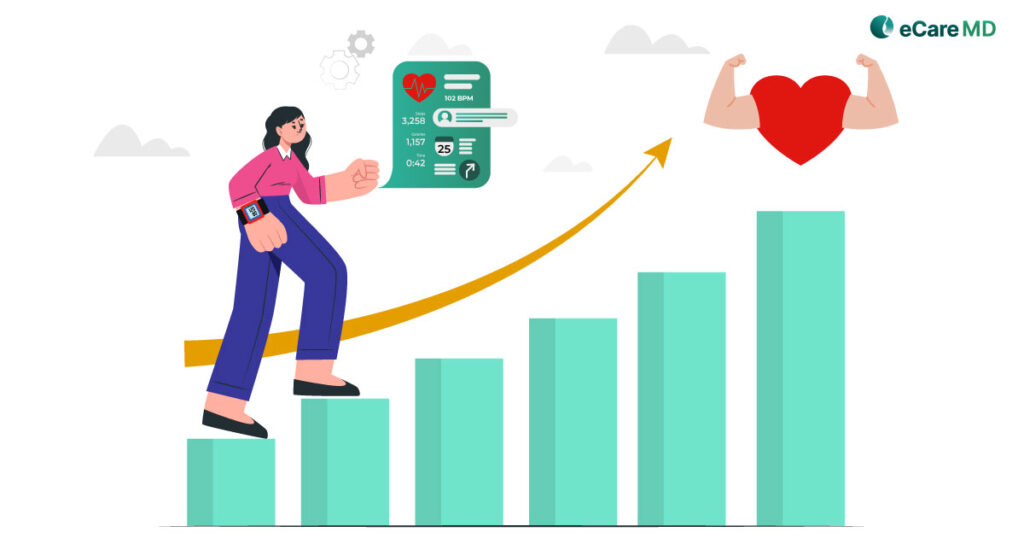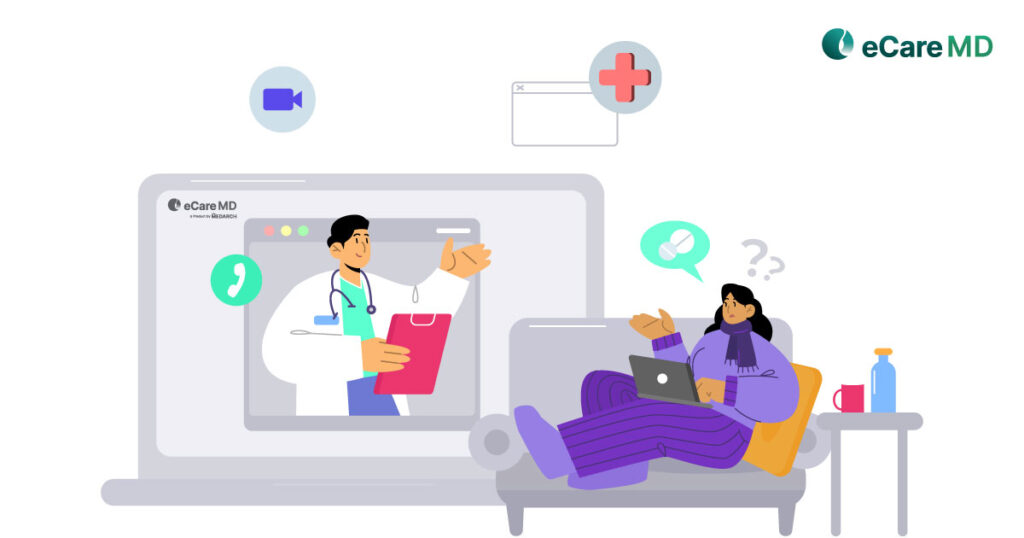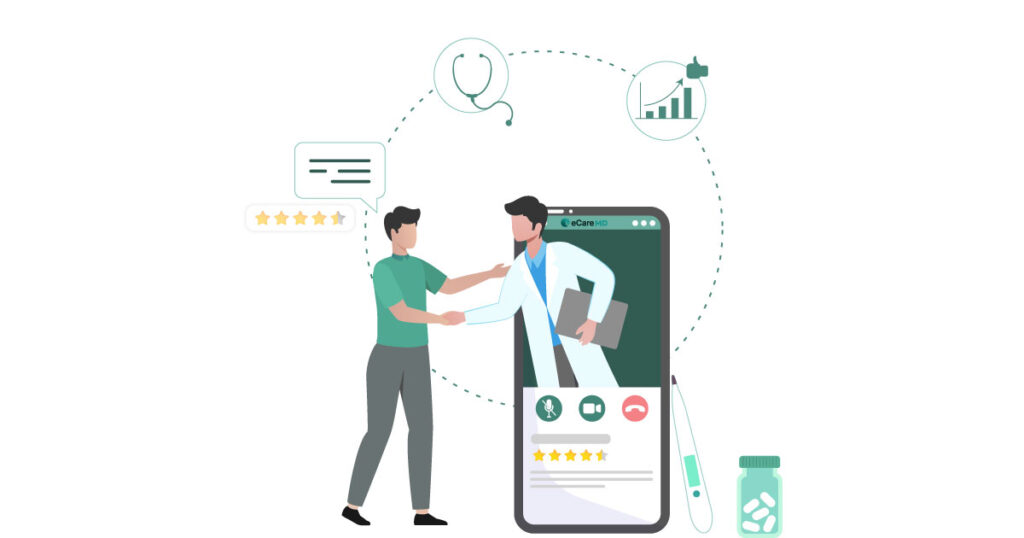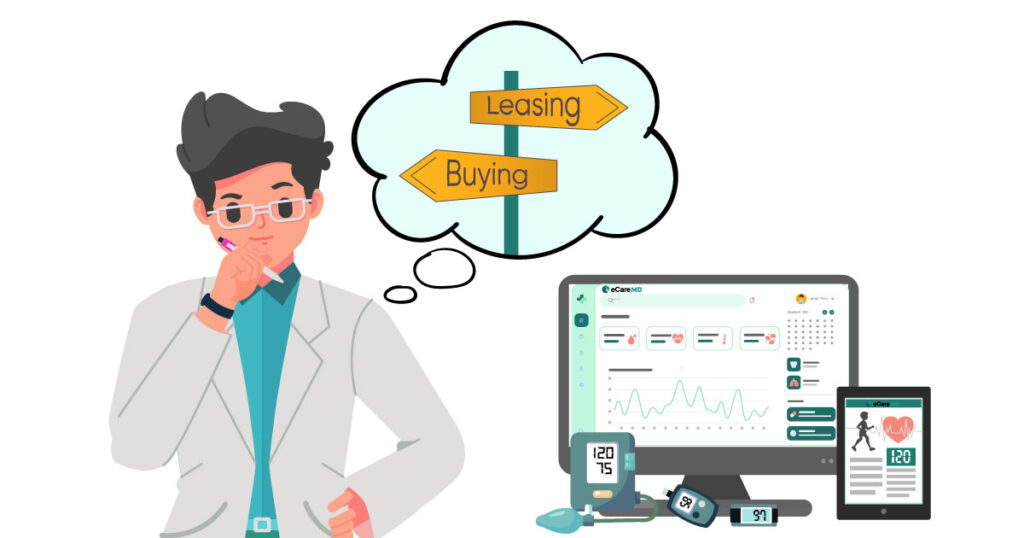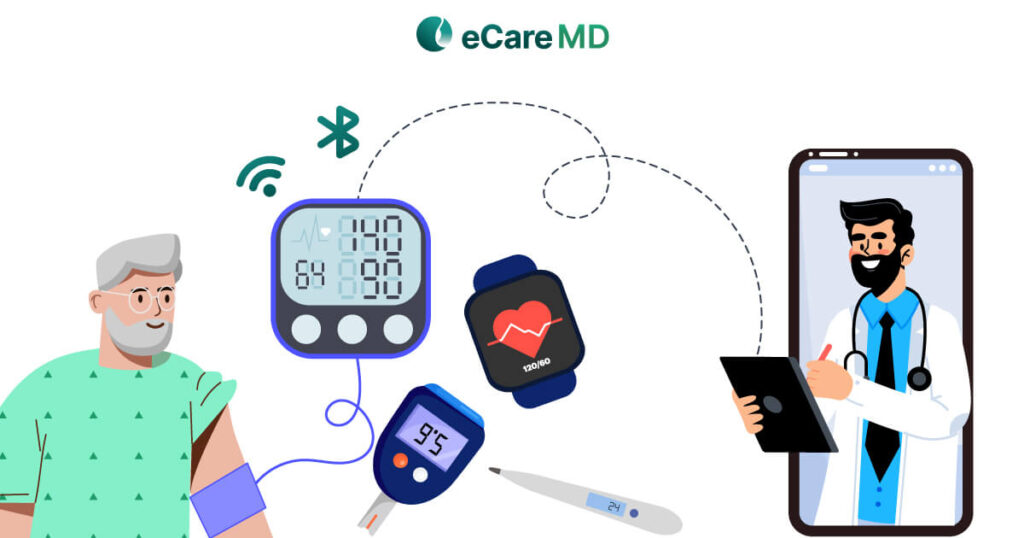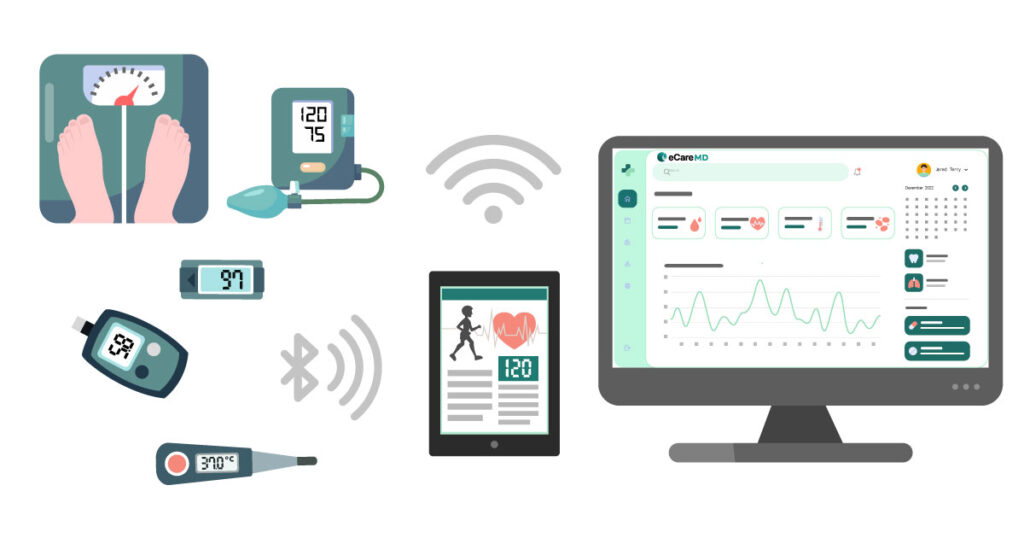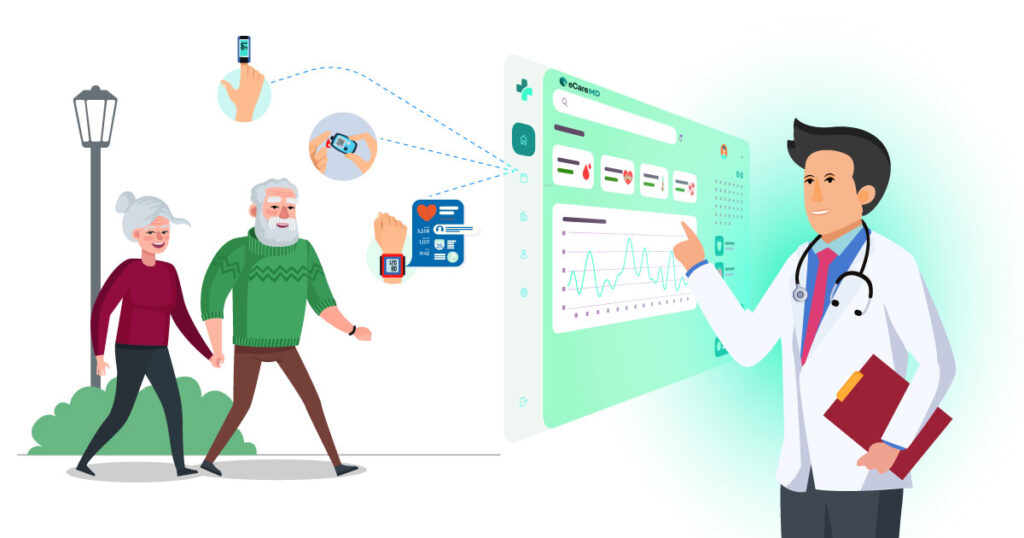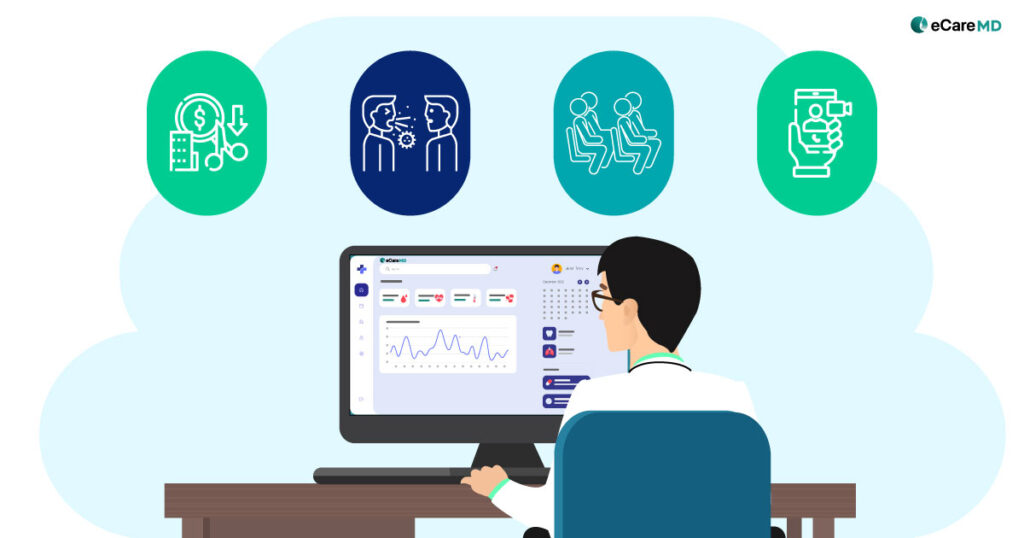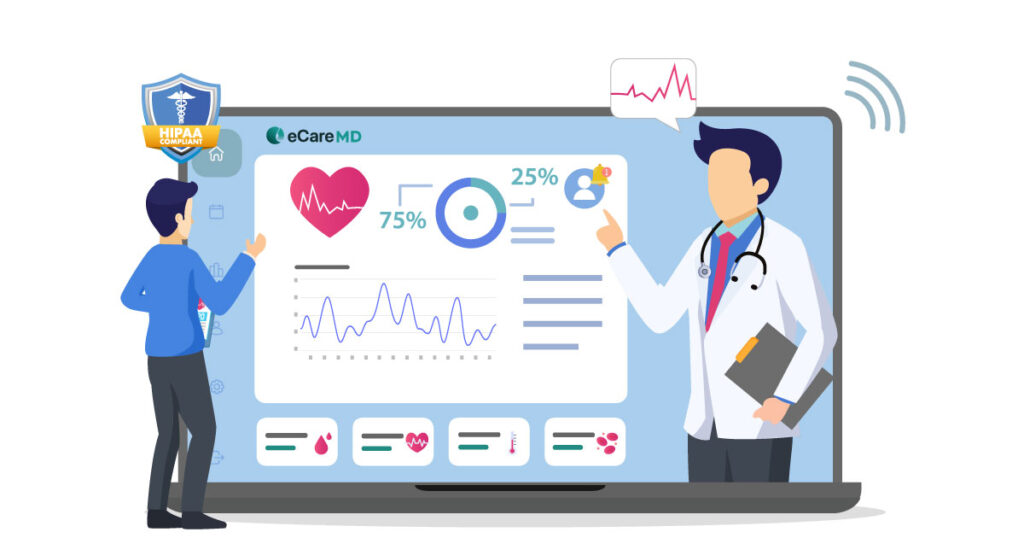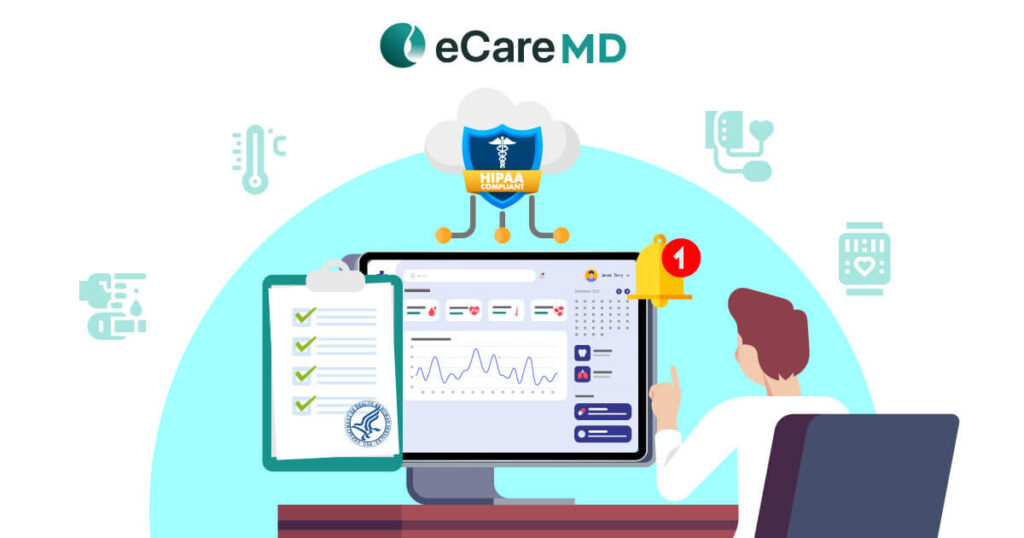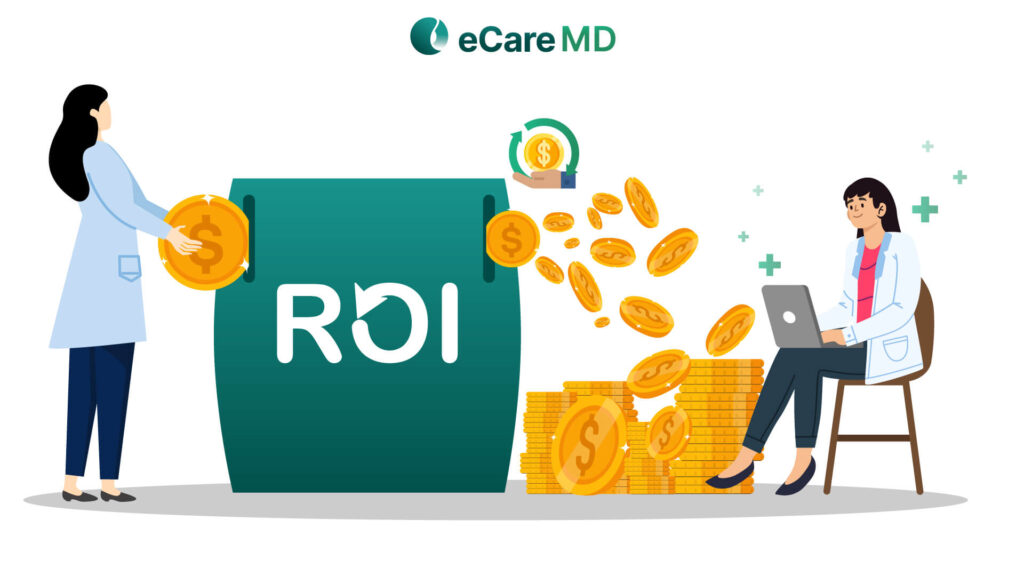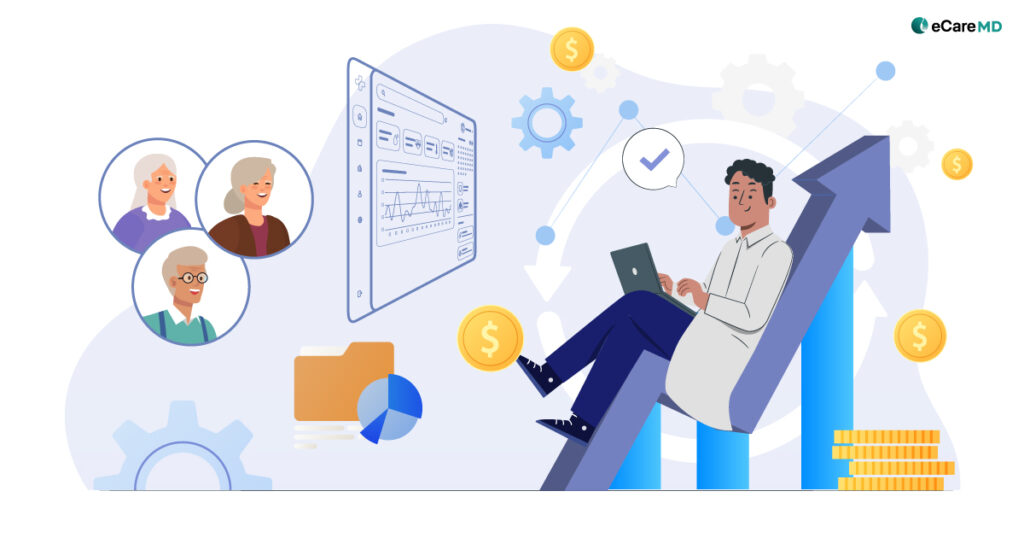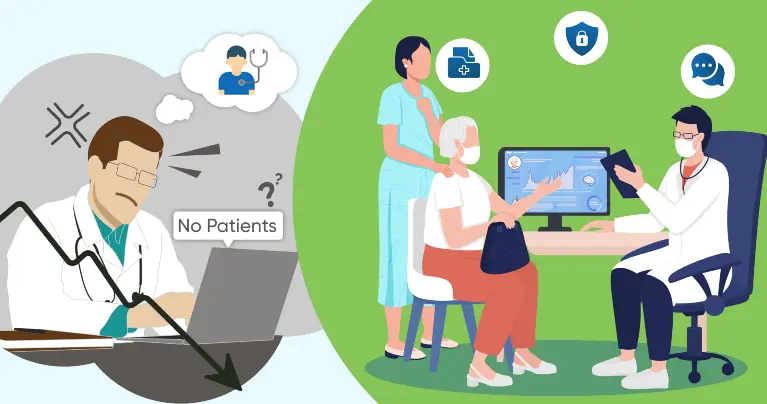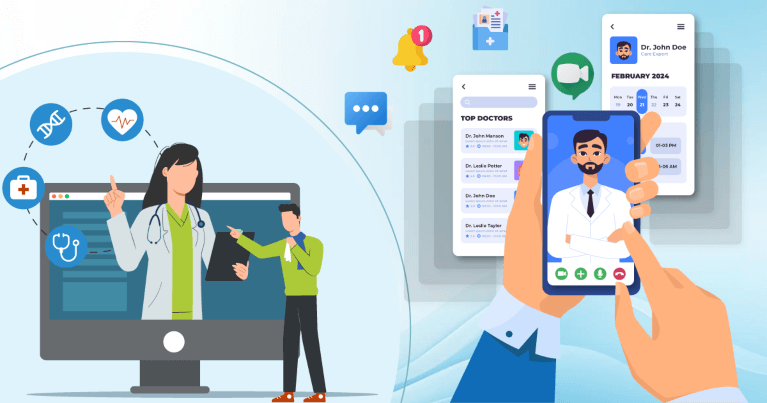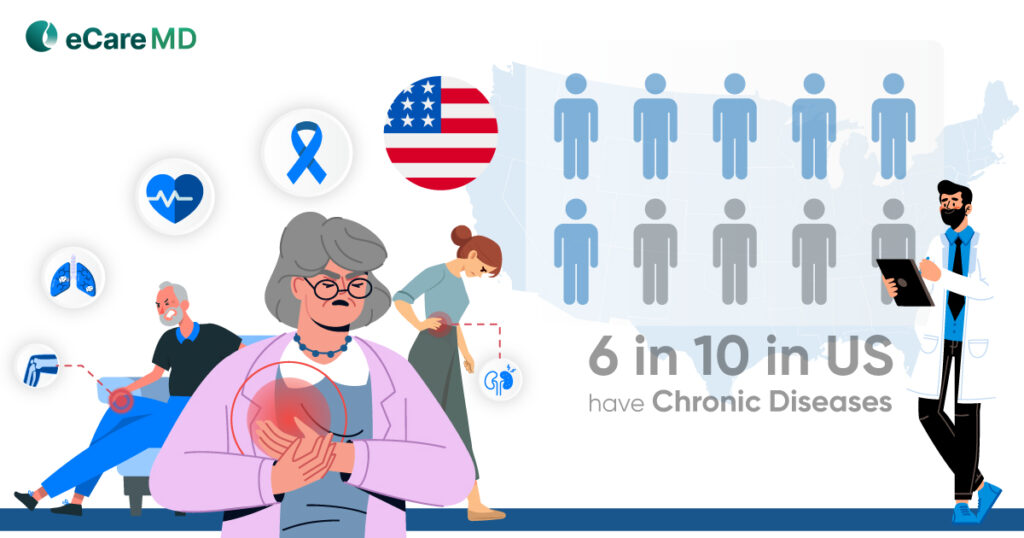You must have heard that one out of every four Americans (about 75 million people) has two or more chronic conditions. The numbers have risen rapidly in recent years, which is a warning sign.
Living with chronic conditions is painful and dangerous for patients as they suffer from them daily. These difficulties of living with chronic conditions put an emotional and financial strain on patients and were found to be a significant reason for the increased patient count for availing of chronic care services.
Chronic care management software has came into the picture that helps providers to deliver patient-centric preventive care and reduces the administrative burden on them.
Chronic care management software is a platform through which care providers can manage patients with different chronic conditions, assign and customize care plans for them, and complete monthly activities like care plan reviews and clinical consultations.
But wait, there’s more!
Unlocking the Potential: Exploring Various CCM Software Solutions and Their Target Audiences
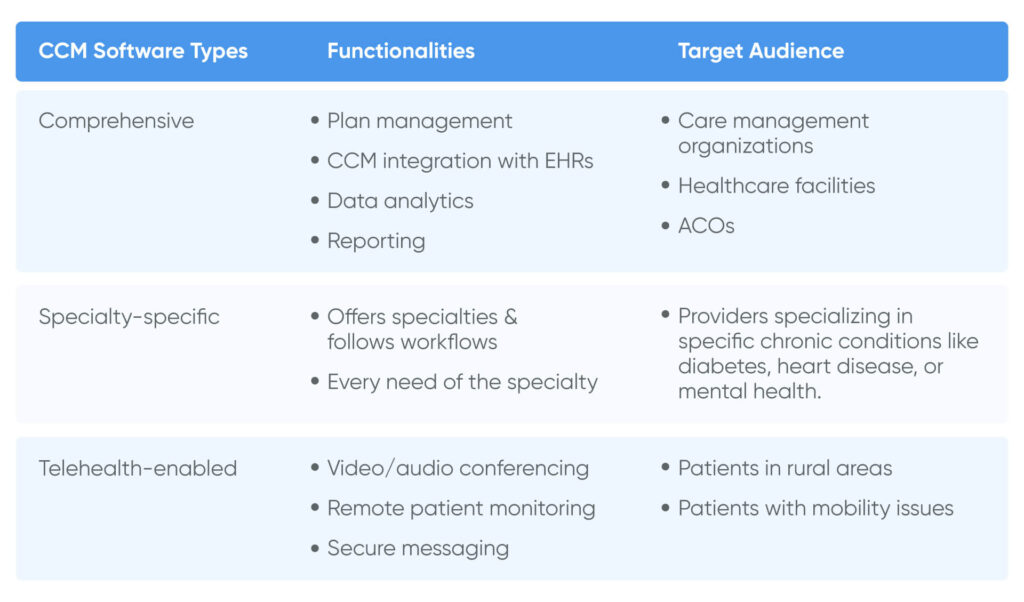
1. Comprehensive CCM platform
2. Specialty-specific CCM software
3.Telehealth-enabled CCM platforms
Unlock the Power of Chronic Care: Exploring Core Functionalities of CCM Software
1. Remote monitoring
2. Care Coordination
Delivering coordinated care is essential in managing chronic conditions of patients. Difficulties coordinating with healthcare providers are the most common complaint of patients in the CCM program. However, this issue is resolved by chronic care management software. As it enables various communication features like secure messaging and care plan sharing between various care providers like nurses, physicians, care managers, and patients to communicate regarding the treatment results in improved access to patient medical records for all and informed decision making. It results in improved health outcomes for patients.
3. Patient engagement
4. Data analysis
The Remarkable Benefits of Chronic Care Management Software
The Chronic Care Management Software provides various benefits that result in improved health outcomes, increased patient engagement, and reduced healthcare costs. Let’s figure out,
Benefits of using CCM software for patients
| CCM Features | Benefits for Patients |
|---|---|
| Medication Reminders | The CCM software provides medication reminders to patients at designated intervals over email, text SMS, or push notifications to improve medication adherence and obtain expected health outcomes. |
| Education Resources | The CCM software enables care providers to send educational materials to patients. It helps patients understand about chronic conditions and lifestyle recommendations to follow. |
| Reduced hospital readmissions and emergency visits | The CCM software creates alerts and notifies care providers if a patient's vital goes beyond threshold levels. It helps care providers to intervene at the right time and reduce patient health complications and emergency visits. |
Benefits of using CCM software for Providers
| CCM Features | Benefits for Providers |
|---|---|
| Reduced Administrative Burden | The CCM software enables providers to create bulk patients using CSV files and send invitations to multiple patients with a single click. It results in reduced manual and administrative tasks for providers. |
| Saves time and enables focus on patient care | The CCM software provides automated care plan suggestions and customization, reducing the hassle of searching for an accurate care plan per the chronic condition. It results in saving time for providers. |
| The analytical dashboard helps to make informed decisions | The CCM software provides a statistical dashboard that provides a count of enrolled and not enrolled patients, billing submitted or pending, received &pending reimbursement amounts from insurance companies, patient satisfaction rate etc. It helps care providers make informed decisions and maximize resource utilization. |
Key Features to Look for in Chronic Care Management Software
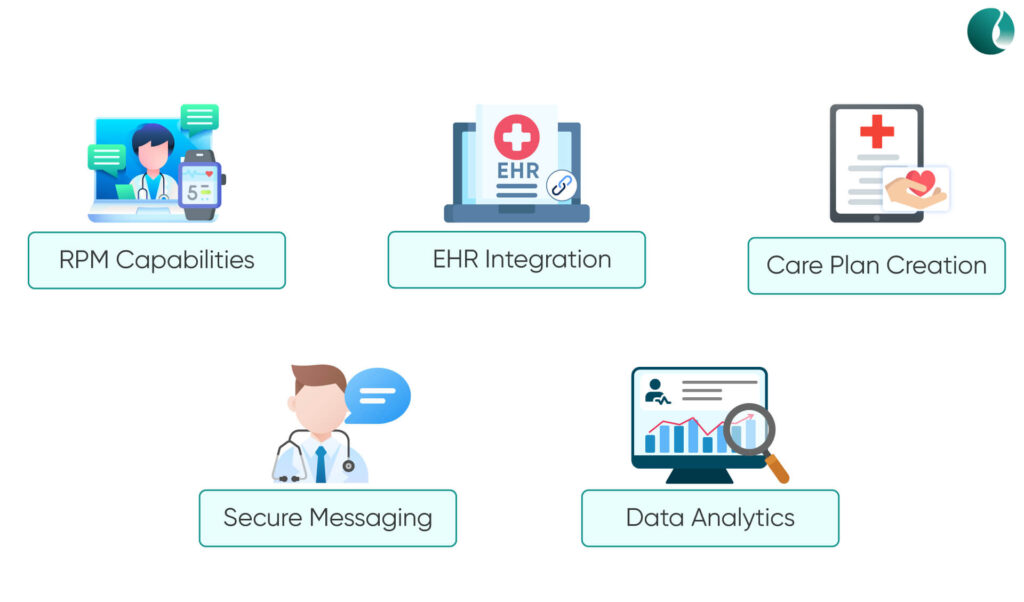
While talking about features the chronic care management software has, it becomes difficult to count those at the fingertips. Let’s explore some of the critical features of chronic care management software:
1. Remote patient monitoring capabilities
But not now, as chronic care management software’s remote patient monitoring capability enables patients to take virtual consultations, attend appointments, and communicate with care providers at home. It allows care providers to deliver preventive and proactive care that helps to reduce patient readmission in hospitals and reduces health complexities.
2. Integration with electronic health records
3. Automated care plan creation and customization
Chronic care management software like eCareMD helps care providers a lot as it enables them to create separate care plans for each chronic condition and store them within the software. It suggests accurate care plans for the patient’s chronic conditions and allows the provider to customize them. Because of these functionalities, the eCareMD software is considered the best chronic care management software. This helps providers assign accurate care plans for each patient and improves the health outcomes for the patient.
4. Secure messaging and communication channels for patients and care providers
5. Data analytics and reporting functionalities for tracking patient progress and identifying trends
Beyond Boundaries: Innovating the Future of CCM Software Solutions
The healthcare challenges, such as inaccessibility to care and overall healthcare costs, have been significantly reduced by technological advancements in chronic care management software, such as telehealth integration and remote patient monitoring. With increasing technological advancements and features, chronic care management software is considered the epitome of the healthcare industry.
Conclusion
In a Nutshell, With the rising number of patients with chronic conditions, chronic care management software in CCM programs has become an essential aspect of the healthcare industry. It allows continuous monitoring, early detection of potential issues, and resolution of capabilities before they cause complications in patient health.
With its capabilities and features, the CCM software has made an impression in delivering preventive healthcare to reduce hospital readmissions and obtain expected health outcomes.

